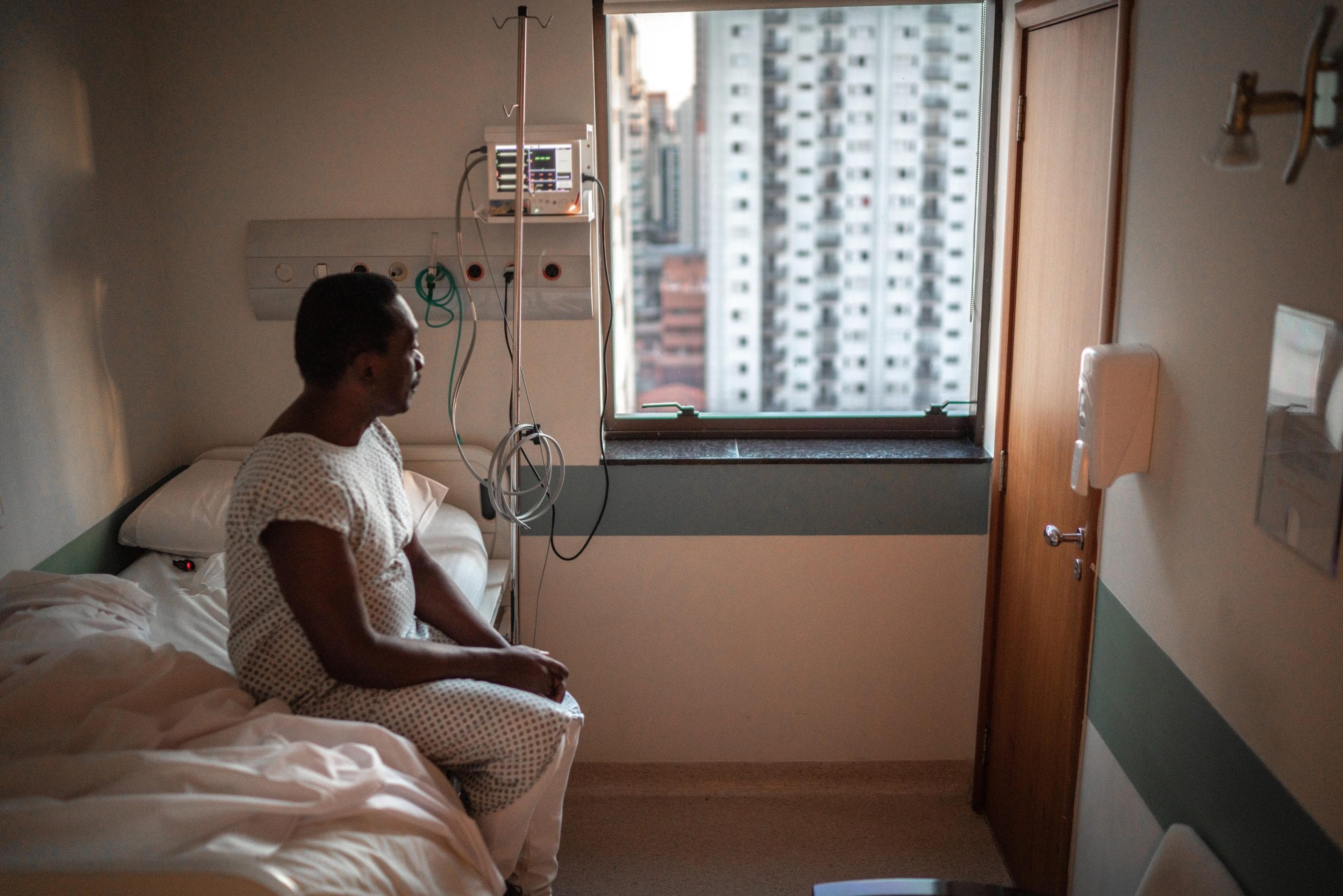Life After COVID-19 Hospital Stay Can Get Rocky
Kathleen Gardner
| 2 min read

For many patients who are released from the hospital after being treated for COVID-19, the road to recovery is steep. Many survivors will experience lasting problems, according to a Michigan Medicine study using statewide data from the MI-COVID19 Collaborative Quality Initiative, a Blue Cross Blue Shield of Michigan-funded registry of COVID-19 data from patients in 40 hospitals across Michigan. Participants in the initiative are analyzing the data to determine how best to provide care for hospitalized COVID-19 patients. Many people struck with COVID-19 struggle with their jobs, mental health, and many of their daily activities. This has been found whether they are patients who never require hospitalization or those who need inpatient care. “The MI-COVID initiative work has been so critically important in advancing our knowledge of how to better care for patients hospitalized with COVID,” said Dr. Amy McKenzie, associate chief medical officer, Provider Engagement. “These latest findings continue to help all of us understand the significant burden and long-lasting effects of this disease on the lives of our patients. This will help guide clinicians, payers and policymakers as we work together to address this pandemic.” The results of the study were published in the Annals of Internal Medicine and are based on data from 1,250 patients treated in 38 hospitals across Michigan. Among the findings:
- Nearly 7% of the patients died within two months of leaving the hospital, including more than 10% of those treated in the intensive care unit.
- About 15% ended up back in the hospital.
- More than 39% of the patients interviewed two months after leaving the hospital said they hadn’t gotten back to normal activities.
- About 12% said they couldn’t manage basic care for themselves.
- Nearly 23% said they became short of breath climbing a flight of stairs.
- About one-third said they still had ongoing symptoms, including problems with taste or smell.
- About 40% said they couldn’t return to work, mostly due to lingering health issues.
- Nearly 10% said their care consumed all or nearly all of their savings, and 7% were rationing food, heat, housing or medications because of cost.
The MI-COVID19 collaborative will continue collecting and analyzing data related to the pandemic. Their work will continue to inform caregivers and help improve care as we continue to battle this health care crisis. Read more in this Michigan Medicine blog. Related:
- COVID-19: What You Need to Know
- Blue Cross-Backed Collaborative Driving Better Treatment for COVID-19 Patients
- The Difference Between COVID-19 and the Flu
Photo credit: FG Trade





